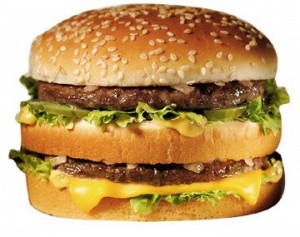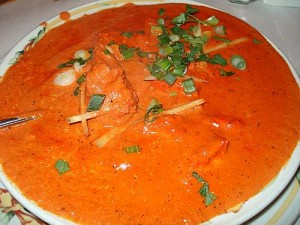Big bucks win over cultural preferences. There’s a ruckus in England over food at the 2012 Olympics, specifically the well-beloved Chips (French Fries). Seems that McDonald’s as an official sponsor has exclusive rights to sell fries at the Olympics. Only approved exception is fish and chips, no luck if you feel like sausage and chips, egg and chips, lasagna and chips, steak and chips or even the famous chip sandwich (Chip Butty, popular in York). Part of the problem is that the skinny McD’s fries are not the style the Brits like – they prefer fat and greasy.
Reminds me of the uproar in Germany at the 2006 World Cup when originally only Budweiser (an official sponsor) was allowed to be served at the games being played in Germany, quite a slap in the face to German beer drinkers. There is actually an excellent Budweiser beer, however it’s not the Anheuser-Busch brew but rather the original Budweiser from Budvar, in the Czech Republic. Unfortunately for beer drinkers, the relationship between the FIFA, which puts on the World Cup, and Anheuser-Busch InBev recently was extended to 2022. It remains to be seen, however, if beer will even be served at the 2014 championship in Brazil, since beer at soccer stadiums there has been banned since 2003 (too much alcohol-fueled violence). Same ban applies in Russia, the sponsor for 2018.
Side note: There will be a new world’s largest McDonald’s for the London Olympics, taking over from the McDonald’s in Pushkin Square, Moscow. I visited that McD’s a couple of years ago – quite an operation there. I went to have an American breakfast – which I have to say I enjoyed immensely, as a break from Russian food. I have to admit as well that I have also visited the second busiest McD’s world-wide – at the Karlstor in Munich. I enjoyed the chance to have a beer with my “Royale with Cheese”.


